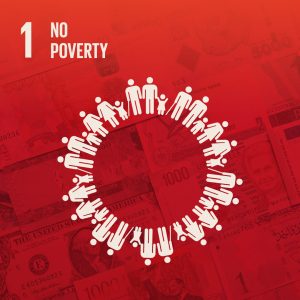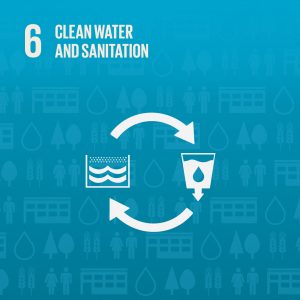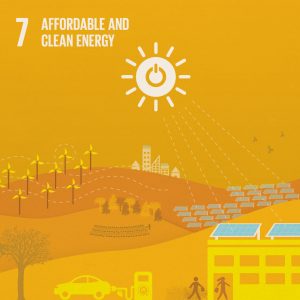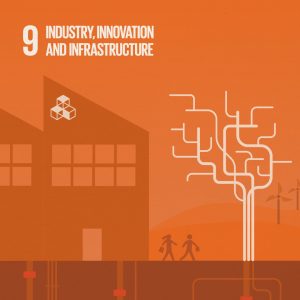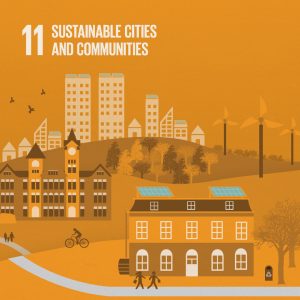By Chloe McMahon.
Dr. Sweta Byahut serves as an Associate Professor and current Director at Auburn’s Community Planning graduate program. She has been teaching at Auburn for nearly nine years. A seasoned urban planner, her passion for sustainable urban development is evident both in her teaching and research.
Since she started working at Auburn, Byahut has been quite involved in academic sustainability teaching on campus. She has taught the Introduction to Sustainability class several times, and currently teaches two courses that count towards the sustainability minor. The first is Sustainability Transportation Planning and the second is Cities, Planning, and Climate Change. Her transportation class integrates practical application community engagement into its course. Students partner with a community that has a planning need, and through cooperative planning and strategizing, they work together to find a solution. Byahut explains that these communities are sometimes poor and marginalized and may not always have access to professional planners that can help them resolve certain issues. Through partnership with the students in her classes, these communities are able to access some of the planning expertise they might not be able to afford otherwise. At the same time, students gain real-world knowledge of the challenge of community planning. Several of the projects her students have worked on in Alabama communities can be viewed online.
Byahut herself spent ten years working as an urban planner in India on various planning and urban development consultancy projects on planning legislation, development regulation, comprehensive and regional planning, post-disaster reconstruction, and inner-city revitalization planning. Several of these projects had a significant applied research component, which expanded her interest in policy work. This led Byahut to pursue a Ph.D. in Regional Development Planning at Cincinnati, after which she became a faculty member at Auburn.
When Byahut first moved to the United States, she says that she was struck by the different interpretations of sustainability here, as compared to her understanding of sustainability in India. In India, urban sustainability was more focused on the ‘basic needs’ approach, “if you have millions of poor people without any source of energy or healthy and adequate food, living in slums without adequate shelter, the approach has to be ‘how do you improve the quality of life for millions of poor people?” She realized that sustainability in the United States and in much of the developed world is more about the ‘green agenda’, it’s focused on sustainable energy, recycling, and sustainable transportation.” Byahut goes on to explain that sustainability is just as much about equity as it is about sustainable technological innovation and climate mitigation. Sustainable land use, affordable housing, clean water, sanitation, and other practical solutions to solve immediate human problems are as much needed as technological innovations like renewable energy sources.
As a professor, Byahut tries to instill both a global perspective and a spirit of public service in her students. She encourages them to expand their understanding of sustainability and consider issues of social justice, equity, underdevelopment, and poverty. To those aspiring to become planners one day, she says that “I think planning is about public service. Planners have a desire to help their communities and neighborhoods to become better places and improve people’s quality of life.” She says that “planning also happens in a legal, political, and administrative setting, and it is the planner’s job to be politically savvy. While planners may have some great ideas, but unless they can convince the political decision-makers…their plans won’t go anywhere.” To develop that skill, Byahut also stresses the importance of on-the-ground experience, citing that an internship with a community is one of the most valuable experiences any student could have. She also strives to incorporate fieldwork in her classes which expands students’ knowledge and enriches their learning by tackling real-life challenges and interactions with community stakeholders.
Byahut’s work highlights the importance of skilled, smart planning for us to improve the earth’s health in the future, as well as the health of its inhabitants. Through engaged, public service-oriented community planning, it is possible to create healthy and thriving communities that improve the wellbeing of nature and people.
Post contributed by Chloe McMahon, Program Coordinator, Office of Sustainability.
Learn about the SDGs & AU and our contributions related to this post.

